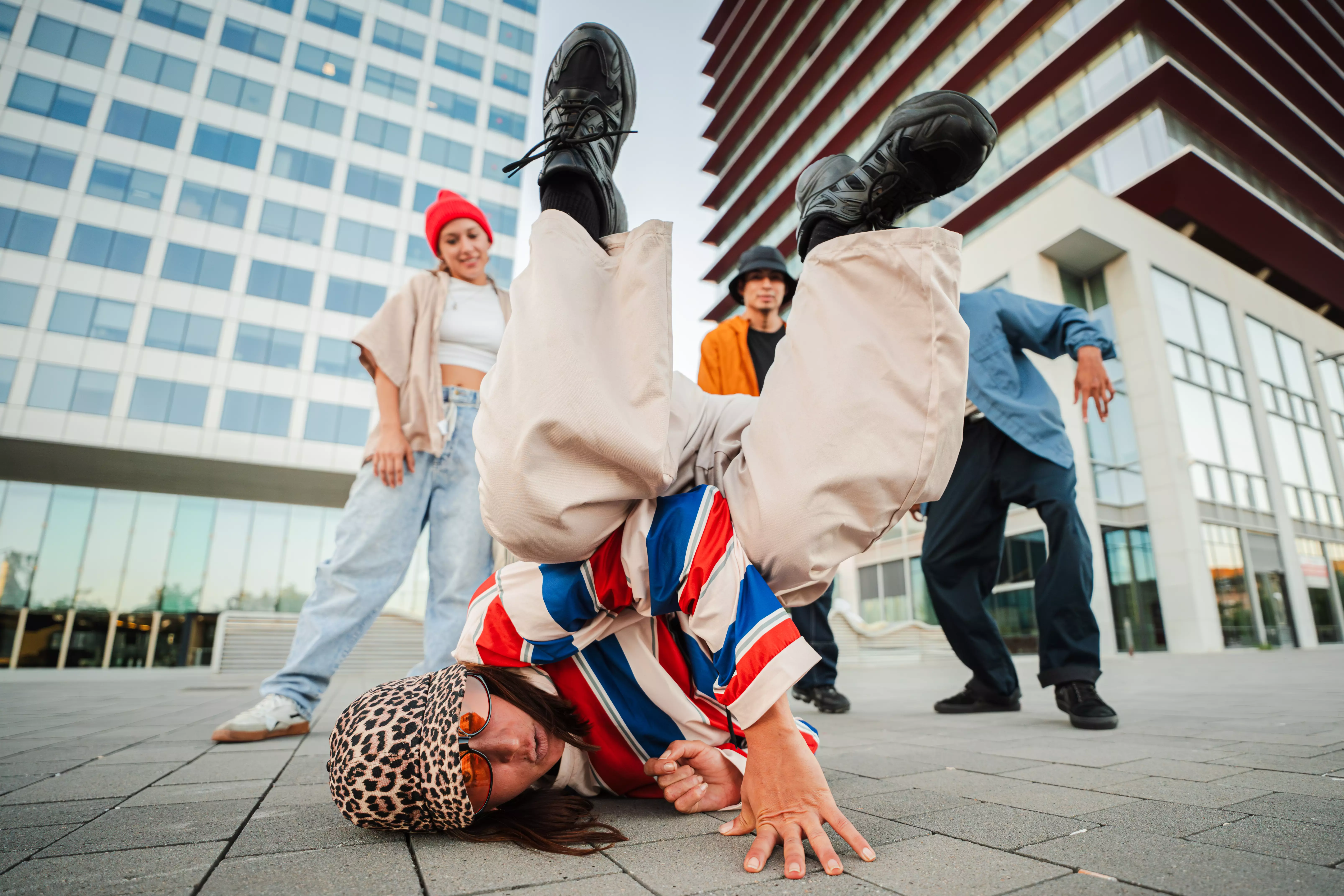How hip hop promotes equality and social acceptance
Introduction to hip hop as a tool for equality
Since its beginnings in the 1970s, hip hop has not only gained popularity, but has also evolved into a powerful tool for social change. Whether it's rap, dance or graffiti, every element of hip hop culture conceals a message that has the potential to promote equality and social acceptance. Messages relating to fighting discrimination, inequality and supporting marginalized social groups are present in the lyrics of songs, lifestyles and events organized by hip hop artists.
Music as a social manifesto
Equality and the fight against injustice are topics often addressed in hip hop lyrics. In their songs, artists such as Tupac Shakur and Nas convey a message about the need to fight against a system that marginalizes communities, especially African-Americans. Their lyrics are charged with emotion and deeply rooted in social reality, allowing listeners to identify with the issues raised in their music.

The role of hip hop performers in the fight for equality
Well-known hip hop artists, such as Kendrick Lamar and J. Cole, use their popularity to spread important messages. They tackle difficult topics such as racism, social inequality and police violence in their songs. Through their lyrics and social actions, these artists become role models for young people, who can be inspired by their struggle for a better future.
Hip hop as a platform for social dialogue
The multitude of styles and types of hip hop makes it an ideal tool for social dialogue. The unique nature of this musical genre makes it possible for its creators to create a space to discuss important issues that plague society. Events such as charity concerts, festivals and even art workshops are often used to promote dialogue on equality and acceptance.
The hip hop community as an example of equality
Hip hop culture is known for its inclusivity and diversity. Collaborations between artists of different races, cultures and sexual orientations show that hip hop is a place where every person can find their place. Collaborative projects, such as collaborations between artists that may not seem obvious at first glance, show how hip hop promotes acceptance and understanding of different perspectives.
Education and empowerment through hip hop
Hip hop not only entertains, but also educates. Many hip hop groups engage in educational programs to help young people in the process of personal and social development. Through music, workshops and art, young people learn the importance of the values of equality, respect and acceptance. Examples such as "Hip Hop Ed" show how hip hop culture can be used as a tool for social change and empowerment.
Hip hop's impact on youth vs. equality
In an era of globalization, hip hop is gaining traction around the world, creating new opportunities for youth to learn and be inspired. Artists who perform on the international stage often convey their message of equality in a language that can be understood by a wide audience. This gives youth from different cultures the opportunity to see and appreciate the diversity of ray social change.
Summary: hip hop's impact on society
Hip hop remains one of the most important cultural movements that not only influences fashion and music, but also promotes equality and social acceptance. Its ability to bring people together and put humanistic values first makes it a powerful tool in the fight against discrimination. As hip hop evolves, its message of equality can remain strong and relevant, inspiring the next generation to work for a better, more just world.

Add comment